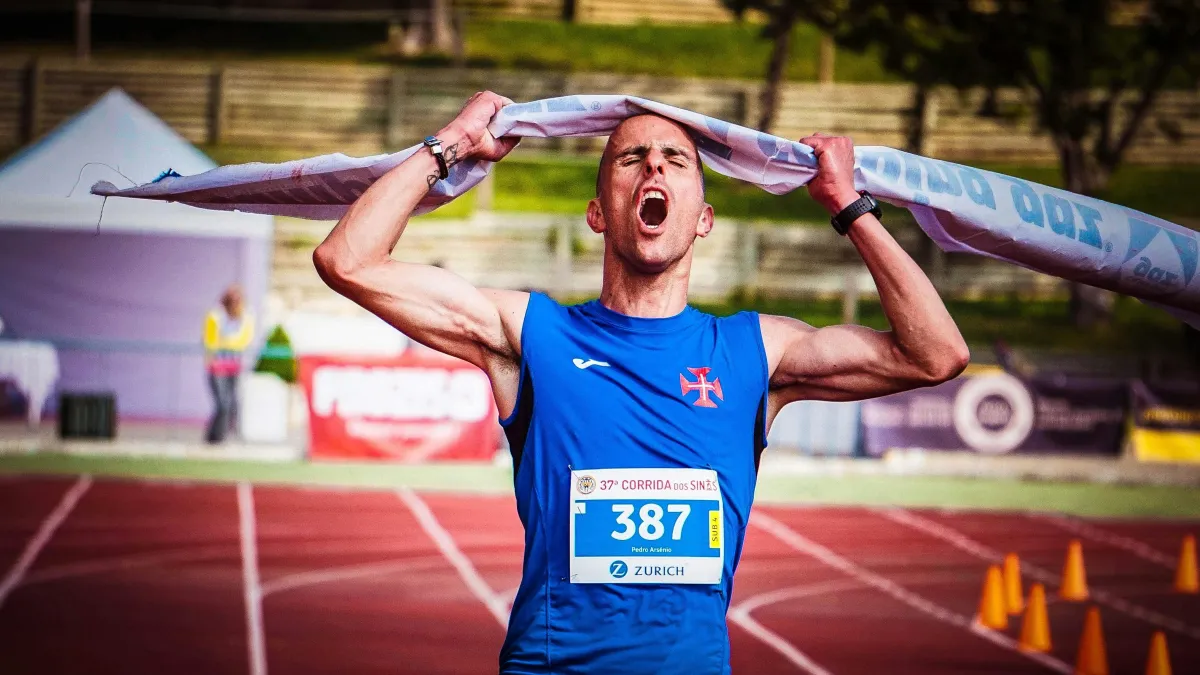Blogs
Read more on all of the mental performance and sport psychology tips to get out of your head and into the game.

Is Confidence Overrated?
Is Confidence Overrated??
Every athlete I work with says the same thing: "I just need more confidence." They believe that a magical feeling of certainty will solve their performance problems. They chase it like it's the holy grail of sports psychology. I get it - I used to think the same way. But after working with hundreds of elite competitors, I've discovered something counterintuitive: confidence isn't what you think it is, and it's definitely not what you need most. In fact, your obsession with feeling confident might be what's holding you back.
Here's The Truth:
Let's be brutally honest: confidence is the most overrated mental skill in sports. It feels good, sure. But it's unreliable, inconsistent, and often completely disconnected from actual performance. I've seen "confident" athletes fall apart under pressure, and anxious, doubt-filled competitors dominate their events. Why? Because confidence is a result, not a cause.
Think about your last great performance. You probably felt confident. But that confidence didn't create your success - your preparation, focus, and ability to control your actions under pressure did. Confidence was just the pleasant byproduct. When you make confidence your goal, you create a dangerous dependency on a feeling you can't directly control.
The hard truth: you don't need confidence to perform well. What you need is something far more reliable.
What's More Important?
The secret that elite performers understand is that confidence isn't the starting point - courage is.
Courage is the willingness to act despite fear. It's stepping into the arena knowing you might fail, and doing it anyway. When you consistently choose courage, something remarkable happens: you develop a relationship with failure that transforms it from something to fear into something you can handle.
Think about the most "confident" athlete you know. Look closer. What they actually possess isn't some magical immunity to doubt or fear. What they have is extensive experience facing those fears head-on. They've failed so many times, in so many ways, that failure has lost its power over them.
This is the paradox: real confidence isn't the absence of fear or doubt. It's the product of repeatedly choosing courage in the face of those feelings.
Your training has likely focused on skill development and maybe positive self-talk. But the foundation of true mental toughness isn't eliminating negative thoughts - it's building the courage to perform despite them. When you can say, "I'm nervous, AND I'm going to execute anyway," you've found something far more reliable than confidence.
Where Do I Start?
This week, implement these courage-building practices:
1. Fear Inventory: Take 10 minutes to write down all your competitive "what if" thoughts. "What if I make a mistake?" "What if coach benches me?" "What if I choke under pressure?" Be brutally honest - no one else will see this. Now circle the three that create the most intense physical reaction when you read them.
2. Control Response Plan: For each of those three fears, create a specific plan that focuses ONLY on what's 100% in your control. Don't write about the outcome - write about your exact behavioral response. Example: If your fear is "What if I make a crucial mistake?" your control response might be "I will take one deep breath, reset my stance, and focus only on the next play's execution."
3. Courage Practice: Intentionally put yourself in one small uncomfortable situation each day this week. It doesn't have to be sports-related. Take a cold shower. Speak up in class when you're unsure. Have a difficult conversation you've been avoiding. Small acts of courage compound rapidly.
What Will You Do?
Let's be clear: this approach isn't easy. It's much more comfortable to wait around hoping confidence will magically appear. But while you're waiting, your competitors are building actual mental skills that work regardless of how they feel. The choice is yours: keep chasing the confidence fairy tale, or start developing the courage that forms the foundation of true mental toughness. No one is coming to save you with a magic confidence boost. The good news? You don't need to be saved. You just need to face your fears head-on.
For the athlete looking to get a competitive advantage through mental training, set up a consultation today!

Professional Basketball

NCAA Student-Athletes

Youth Professional Soccer

Professional Soccer

Professional Soccer

PGA Jr. Golf
© 2025 ELITE MENTAL PERFORMANCE LLC



